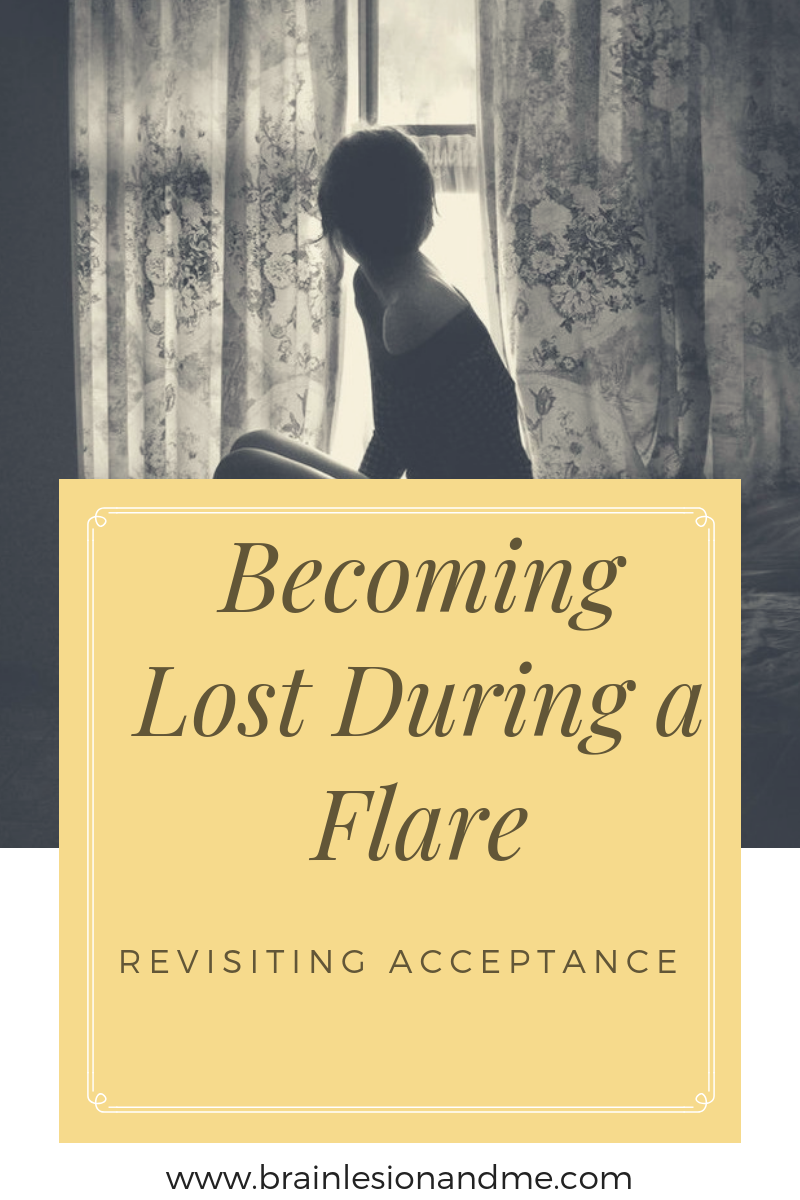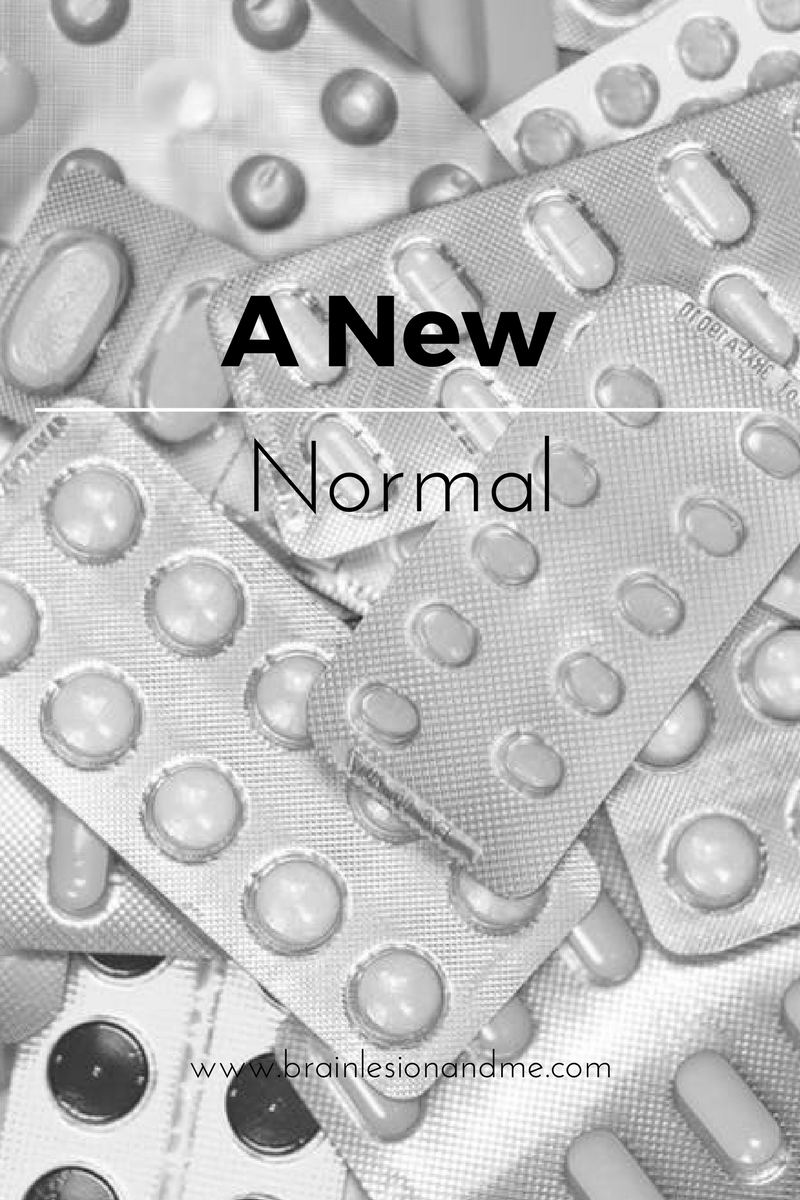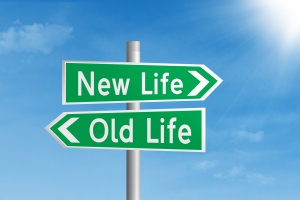During my recent foray into revisiting my old posts, I came across this post from five years ago.
In the post, I talk about the importance of acceptance when learning to live with a chronic illness. It also made me reflect on my current decline in some of the symptoms I experience because of FND.
Revisiting this post since some of the #symptoms that I already constantly live with. Although it may be a flare, which is often temporary, there is always that fear it is a sign of a deterioration, leading us to the beginning of the five stages of grief once again #ChronicLife https://t.co/skmwcBaAHx
— Rhiann Johns (@serenebutterfly) September 17, 2018
Once again, the trembling in the legs has worsened.
Significantly worsened in fact.
The Saga of Pain and Trembling Legs
Every day, my legs have felt incredibly unstable and weak, amidst the severe pain that already wracks them. There is a persistent feeling of incredible stiffness and heaviness. A heaviness that makes it feel like I am attempting to walk through thick mud. But, juxtaposed with this heaviness and stiffness is an immeasurable weakness.
A weakness so severe that it continually feels if my legs are going to collapse from under me.
The trembling and this general weakness that exists within my lower limbs is not a new symptom. So, you would think that I would be used to it by now. But when confronted by worsening symptoms; they feel anything but familiar. With worsening symptoms, we are once again thrust back into working through the cycle of grief.
"But when confronted by worsening symptoms; they feel anything but familiar. With worsening symptoms, we are once again thrust back into working through the cycle of grief." Click To Tweet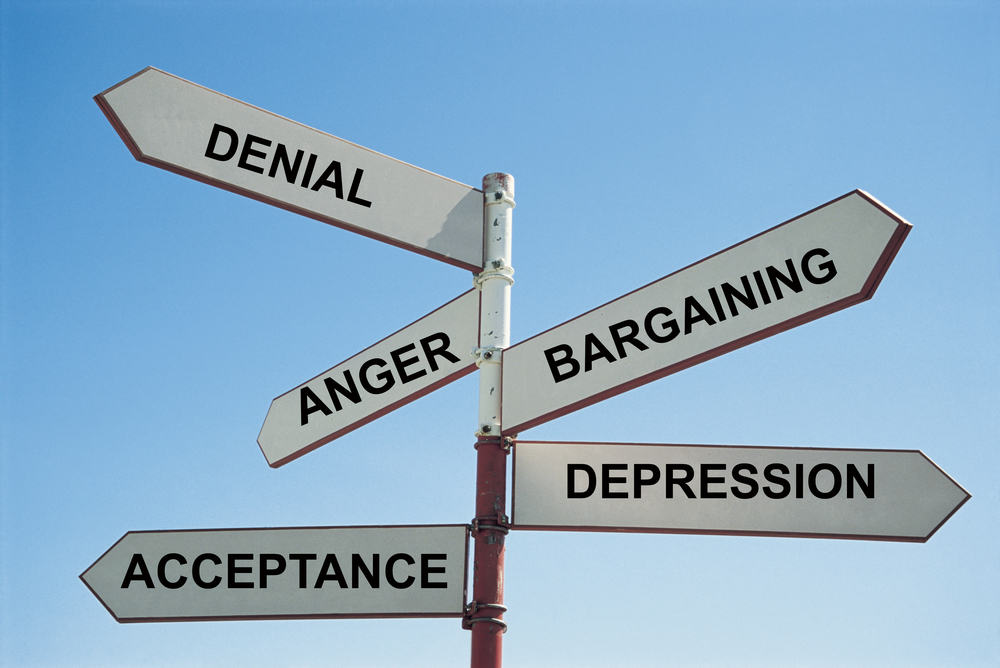
Denial. Anger. Bargaining. Depression. These are the key elements that we battle through alongside the fight we face with our symptoms before reaching acceptance.
"We need to battle through denial, anger, bargaining, and depression before reaching acceptance." Click To TweetAccepting a ‘New Normal’
But, before we can arrive at acceptance, we must first deal with the psychological fallout that worsening symptoms create. Since the trembling has worsened, it has also significantly affected my mobility. Standing and walking is problematic as the shaking feels incredibly violent. Anxious that at any moment, I will collapse to the ground. As a result, I have lost confidence, particularly when out of the house, the fear of having a fall never far from my mind.
It feels that I am drowning. As though my days are about surviving rather than living. Every day I am tormented by symptoms beyond my control.
"My days are about surviving rather than living…tormented by symptoms beyond my control." Click To TweetSymptoms are so severe that I am no longer able to function within the world around me. People assure me of my bravery and resilience in the face of illness. However, it’s during such flares that words such as bravery and resilience cease to have any meaning to me.
The Unpredictability and Isolation of a Chronic Life
Ask anyone living with a chronic illness, and they will tell you how unpredictable life can be. Unpredictability is the very hallmark when living with a chronic condition. Every day we wake up never knowing how the symptoms are going to impact the new day that awaits us. When symptoms worsen, we never know whether it is due to deterioration in our condition, or just due to a flare. And when symptoms do become worse, the fear that it is due to a decline becomes very real. We already had to come to terms with a diagnosis and the new normal that comes with it. And with worsening symptoms, we again need to adapt and find another new normal.
"When symptoms worsen, the fear that it is a decline with our health condition becomes very real." Click To TweetThe Effects the Physical Has On Our Mental Health
Furthermore, when symptoms do worsen, we can often isolate ourselves. The isolation may be as a result of the symptoms themselves, or because of the emotional consequences, it has on our mental health. I have recently had experiences of isolation. Due to the severity of this recent trembling, it has affected every facet of my life, most notably my mobility. As a result, I have been unable and afraid to go out much, and when I do, I tend to go to familiar places; places where I know where I can quickly sit down if I feel they are going to collapse.
When living with such symptoms, especially when they are invisible, itself also causes isolation. We often hide behind a mask; suppressing our pain and fatigue behind a smile. The pain, fatigue, trembling, and dizziness does not manifest themselves physically. No one can see or understand the torment that our bodies withstand. And that can be incredibly lonely.
"No one can see or understand the torment that our bodies withstand. That can be incredibly lonely." Click To Tweet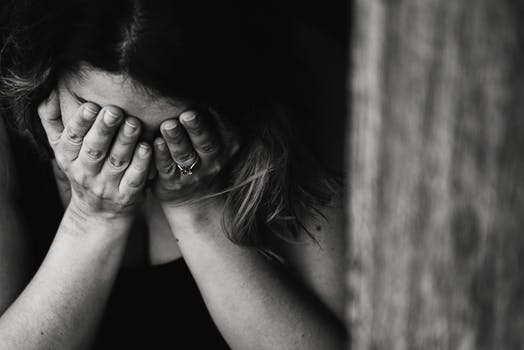
By not being truthful about the reality of our current situation, we begin to isolate ourselves further. Recently, I have become quite withdrawn, choosing to turn inward, becoming lost in a descending fog of hopelessness and despair. Stress and feelings of sadness is a consequence of the physical toll that living with illness has on our bodies and minds. Stress, however, can also exacerbate the symptoms, potentially causing a flare or making one much worse.
"By not being truthful about the true nature of our health we are further isolating ourselves." Click To TweetArriving at Acceptance
Reaching acceptance, although the journey is long and arduous, makes coping with chronic illness more manageable, arriving at acceptance, however, is difficult.
For many, it means resignation or giving up.
Acceptance instead is more about learning effective ways of coping with this new reality and quietening negative thoughts and feelings.
Acceptance and having a positive attitude isn’t a cure for chronic illness, but they can help make it easier to overcome the challenges and limitations that we may encounter.
"Acceptance and having a positive attitude isn't a cure for illness, but they can help make it easier to overcome the challenges and limitations that we may encounter." Click To TweetOne thing I have learned along the way, however, is that achieving acceptance is difficult. When we think we’ve accepted everything about our illnesses, something happens such as worsening symptoms, and once again, we find ourselves back to the start. Much like a revolving door, we often travel round and round the different stages until we locate the exit and reach acceptance.
Perhaps, when living with a chronic illness, there is no such thing as ‘complete’ acceptance. If recent experience has taught me, coming to terms with a chronic illness involves a continuous journey between denial and acceptance, and so many other emotions.
"Coming to terms with chronic illness involves a continuous journey between denial and acceptance." Click To Tweet
And as I now find myself amidst a torrential storm of pain and trembling, and days spent trying to survive the impending floods.
But, I hope soon that I once again find a safe harbour that is acceptance.
